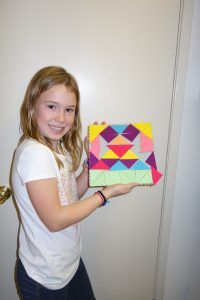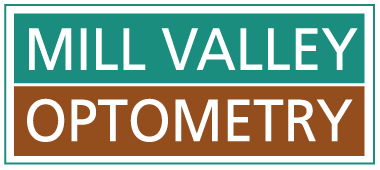Vision plays a fundamental role in the learning process. Did you know that 80% of everything a child learns, understands, and remembers is acquired through his or her visual system? We use our vision to identify, interpret and understand what is seen
Testing that only evaluates eyesight is not enough! We need more than 20/20!
 Many children with learning-related visual problems have 20/20 distance eyesight but cannot sustain prolonged near visual work without some visual stress. We need more that good eyesight to be a proficient reader. Children should be evaluated by age five, before they experience frustration or difficulties in school. A child with an inefficient visual system will confuse similar looking words, reread sentences, have decreased reading comprehension or simply have blurred or double vision.
Many children with learning-related visual problems have 20/20 distance eyesight but cannot sustain prolonged near visual work without some visual stress. We need more that good eyesight to be a proficient reader. Children should be evaluated by age five, before they experience frustration or difficulties in school. A child with an inefficient visual system will confuse similar looking words, reread sentences, have decreased reading comprehension or simply have blurred or double vision.
Unlike many other kinds of ailments, children will rarely complain of vision problems. A child suffering from visual impairments may never know that their perception differs from those around them. This makes it particularly important to increase the awareness of developmental vision problems, and to help parents understand what to look for if they suspect their child may have problems with his or her vision.
As many as one in four children have an undiagnosed vision problem. Sometimes the problem is misdiagnosed as ADD(attention deficit disorder), ADHD (attention deficit hyperactivity disorder), or dyslexia.
Your child could have visual problems if they exhibit any one of the following characteristics:
- Struggles with reading
- grows tired or frustrated with reading
- can’t sit still or stay at a task for any length of time
- reverses words, numbers, or letters
- has difficulty remembering the spelling of words
- frequently loses their place, skips words, or skips lines of text while reading
- has poor reading comprehension
- has shown no improvement from medication or tutoring
Our comprehensive, Developmental Vision Exam, includes an in-depth evaluation of visual tracking, focusing and eye coordination, as well as a complete eye-health assessment. This vision-related learning evaluation will also assess your child’s visual-processing skills, such as visual memory, visual discrimination and visualization.

